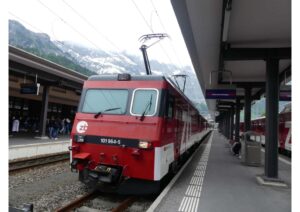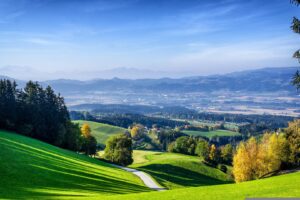Abstract/Description
Traditionally, the Ecuadorian Kichwa communities of the Sierra (the Andes) are small-scale farmers, with their plots in different “climatic zones” (Murra, 1972) to grow a variety of foods and thus have a varied diet. This means that they (still) develop territorial strategies to establish “comuneros” (communities) in ecological zones of different altitudes, often not contiguous and distant from each other. In this way, they cultivate different food products in their different “chakras”, namely “the place where life, food and knowledge are generated, which are engraved in the biocultural memory” (Toledo & Barrero, 2009) and which, concretely but without naming it, fully coincide with what we called from a Western glance “agroecological practices”. In the network of intercultural bilingual education units of “Jatari Unancha”, the collective cultivation of the chakra is one of the pedagogical tools. These schools are dedicated to young people of Kichwa nationality, located mainly in the páramo and inter-Andean corridors in the South of Quito, and are supported by the Indigenous School System of Cotopaxi (SEIC), the result of an indigenous political project for access to culturally appropriate education. Practicing food production among all members of the Jatari Unancha educational community (students and professors) is a way to keep alive and collective their agro-traditional knowledges and related social practices, such as mingas (unpaid collective work for the community) and pemba mesa (shared meal) with the products cultivated. The objective of such a pedagogical practice is not only to provide nutritional food, but is an opportunity to value community principles such as reciprocity and the Andean Kichwa identity (De la Torre & Sandoval 2004). In this presentation, I propose a dialogue between the memories and desires from students of one of the Jatari Unancha schools in regard to their agricultural collective production (and consumption) practices, with the themes of transformative pedagogies and agroecology, in a rural Ecuadorian world in mutation due to migratory flows to the city of Quito and its capitalist model.


